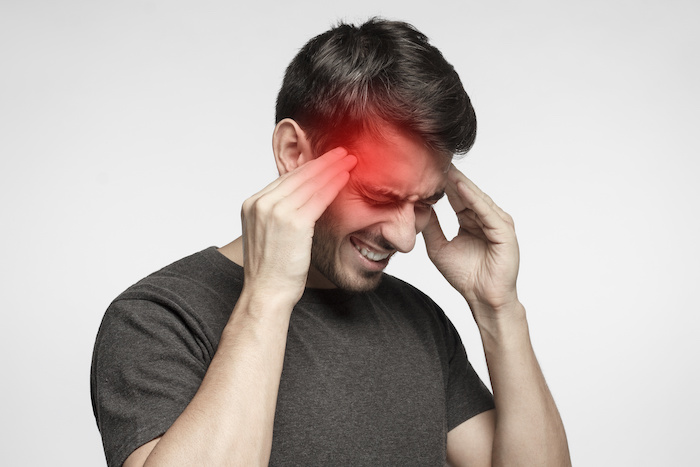- +91 8368910203
- anamikaabhi1103@gmail.com
- CK Birla Hospital, Gurgaon | Sync Orthopaedic and Pain Management
Headaches
Pain or discomfort in the head, scalp, or neck is a common symptom of headaches. They can have a major impact on your daily life and general well-being and can vary in intensity, frequency, and duration. Knowing the various kinds of headaches can help in selecting the appropriate care and alleviation.
Different Kinds of Headaches
There are various types of headaches, which include:
- Tension headaches: Usually characterized by a dull, aching pain around the forehead or back of the head, along with a tightness or pressure feeling. They are frequently linked to tension in the muscles, bad posture, and stress.
- Migraines: Usually affecting one side of the head, these pains are severe and throbbing. Symptoms of migraines can include light or sound sensitivity, nausea, and vomiting. Numerous things, including certain foods, hormonal fluctuations, and stress, can cause them.
- Cluster headaches: intense pain in one side that comes on in waves or clusters. These headaches can be extremely uncomfortable, and they frequently come with other symptoms like watering eyes or congestion in the nose.
- Sinus Headaches: Inflammation or infection of the sinus cavities causes pain or pressure in the forehead, cheeks, or area surrounding the eyes. Along with other sinus-related symptoms like congestion or runny nose, these headaches frequently coexist.
- Rebound headaches: Also referred to as medication-overuse headaches, these happen when an excessive amount of painkillers is taken. When the medication wears off, the headaches might come back.
Symptoms of Headaches
Depending on the kind and intensity, headache symptoms can include the following:
- Throbbing or Pulsating Pain: Often associated with cluster headaches and migraines.
- Severe, Ongoing Pain: Frequently associated with tension headaches
. • Light or sound sensitivity: Usually linked to migraines.
- Nausea or Vomiting: Migraines often cause this.
- Tightness or pressure: Often associated with sinus headaches and tension.
The following are possible treatments for headaches:
- Medication: Depending on the kind and frequency of your headaches, prescription drugs, painkillers, or treatments tailored to migraines may be used.
- Lifestyle Modifications: Stress reduction, adequate hydration, and dietary adjustments are advised.
- Physical therapy: Posture correction and muscle relaxation techniques.
- Behavioral Therapy: Techniques for stress reduction and headache trigger identification.
- Alternative Therapies: You could look into things like biofeedback or acupuncture
- Avoid Known Triggers: Identify and avoid specific foods, beverages, or activities that may trigger headaches.

